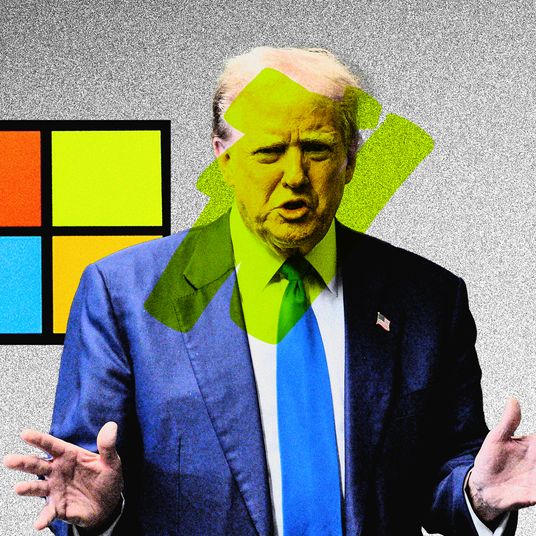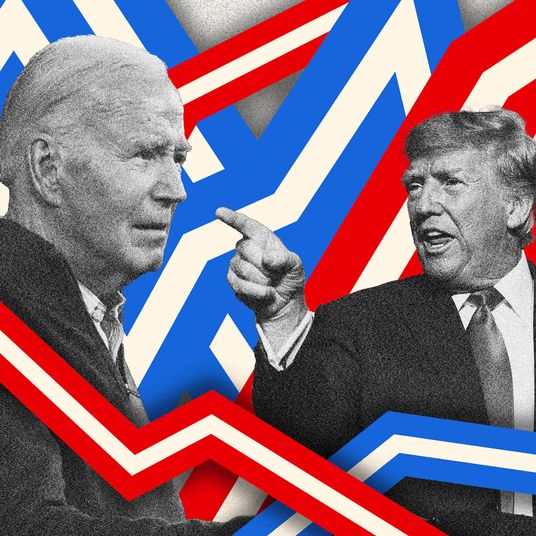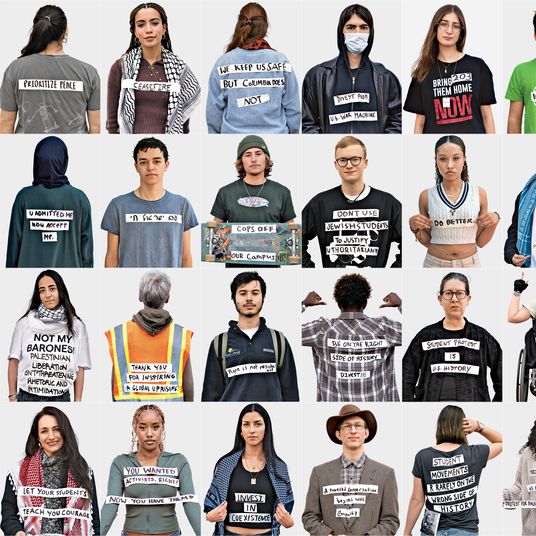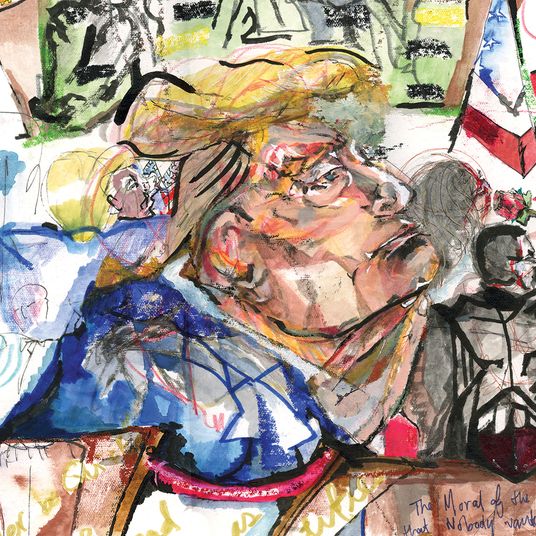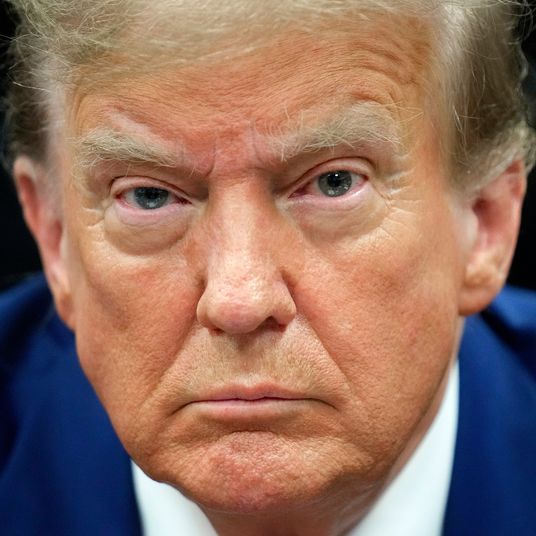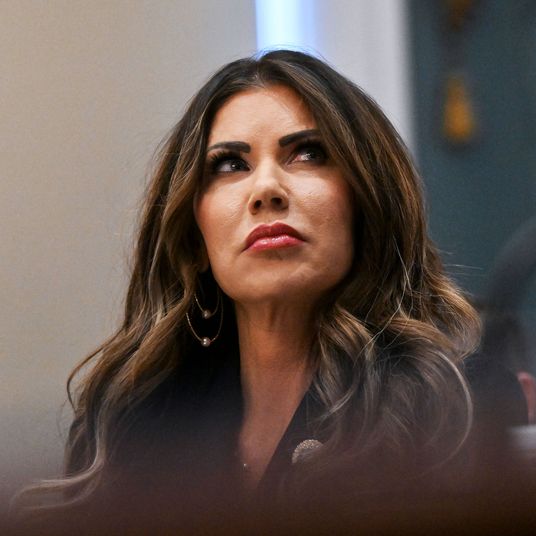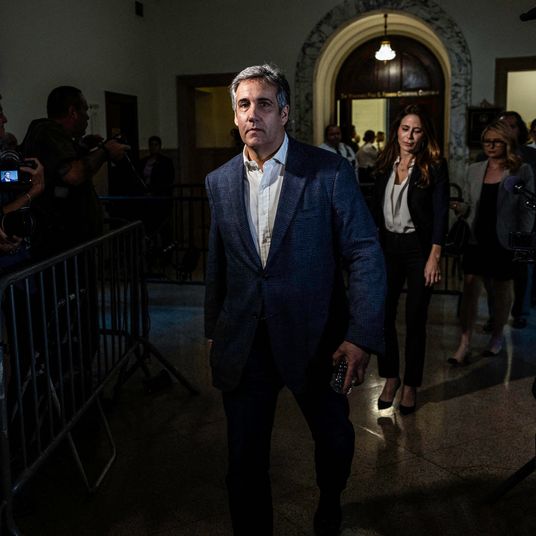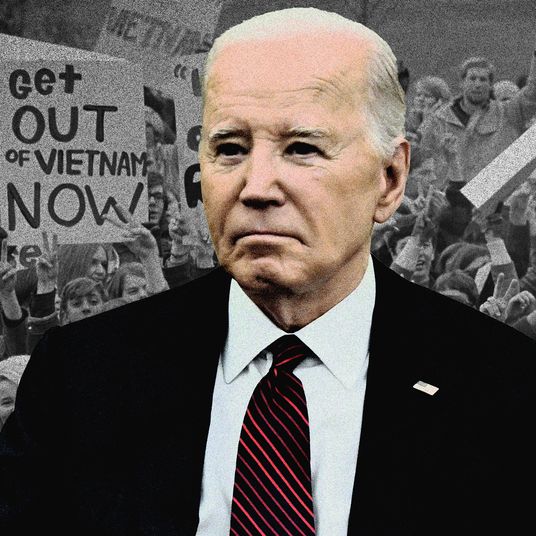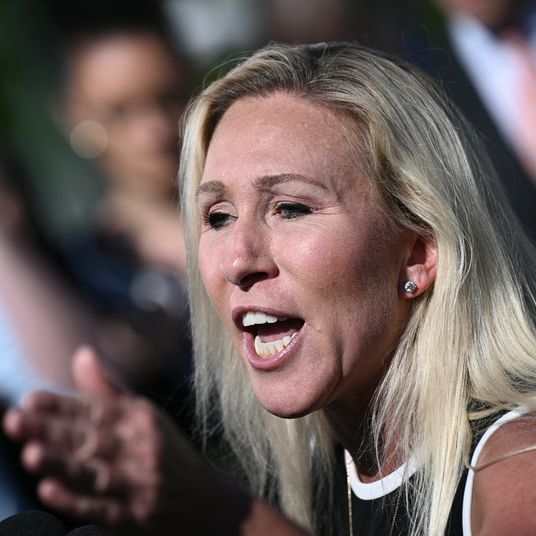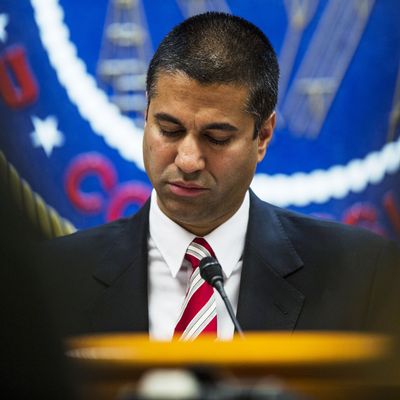
This week, the FCC laid out plans to repeal net neutrality, a policy that dictates that all internet traffic should be treated equally. Under the FCC’s new proposals, which will be voted on (and likely passed) on December 14, internet service providers will be able to charge consumers, and companies, for different packages of services and tiers of access. As a result, if Netflix, for instance, wants to strike deals to give its streaming service the fast-lane treatment on some ISPs, it can do that. Other streaming services, like start-ups with less available capital, will be unable to compete. Big monopolies and entrenched industry players will benefit most; smaller companies will risk losing access to consumers, and consumers themselves will remain, as always, at the mercy of a few large ISPs.
All this may sound remarkably similar to our current internet, which is the domain of a small group of billionaire oligarchs, but net neutrality harks back to an almost fanciful idea of digital equality, of the internet as a democratic public space, and threats to it engender passionate support from the open web’s true believers and most dedicated users. As of this writing, the front page of Reddit is entirely dominated by calls to action in defense of net neutrality, and it’s been trending on Twitter as a hashtag for most of the past day. Creators, developers, consumers — and, of course, the companies that profit off them — have united in defense of … the status quo.
As a cause to rally to, net neutrality is thorny. It rests largely on doing nothing, on treating all internet traffic the same way, as we largely do now. And, of course, there are numerous reasons — from issues of personal privacy to digital redlining to online surveillance — to be dissatisfied with the state of today’s internet. The larger digital economy, dominated by Apple, Amazon, Facebook, Google, and Microsoft, is hardly a model of democratic order. Its core competencies lie in collecting our personal data and parceling out our attention to the highest bidder by way of shady ad networks. The polarized online discourse owes much to how advertising platforms place us in different silos. The power of algorithmic sorting means that internet users never have to see an ad or an article that doesn’t flatter their sensibilities. Consumers have become increasingly transparent to powerful tech corporations whose political influence has grown in concert with their grip on our personal lives. This is the supposedly enviable status quo we’re attempting to preserve.
In this way, the battle over net neutrality resembles the recent effort to defeat Trump’s health-care legislation. Neither system is that great, its supporters might admit, but the proposed policies would make things even worse. In both cases, Republican officials can only offer a politics of destruction, proposing to dismantle public regulations in favor of private interests (FCC chairman Ajit Pai used to be a lawyer for Verizon). In response, a frantic public has been galvanized to tweet and call their political representatives to plead that what little they have not be taken away. If we’re lucky, we’ll be able to hold onto what we’ve got and hope for a better outcome later, when the political winds shift.
There’s a term for this kind of power arrangement: It’s a protection racket. Nice internet you have there — a shame if something happened to it. Consumers have no ability to effect positive, forward-moving change; they can only beg the powers-that-be to, well, leave them alone. And, in turn, we’re led by this unending cycle to feel grateful for maintaining even the deeply compromised internet we do have.
On the other side, there’s an essentially abusive logic at work, in which we’re told all this is being done for our benefit. The FCC draft order is called the “Restoring Internet Freedom Order,” while the official press release promises relief from “heavy-handed internet regulations.” All of this is typical Republican dogma, according to which the government acts as an oppressive force while empowered individuals and corporations are united in their devotion to free-market ideals. Only by unshackling ISPs from these onerous Obama-era rules can we unleash the beneficent powers of innovation that made Silicon Valley the envy of the world.
There’s another way in which the fight over net neutrality resembles that over health care, and that’s in how we view the system itself, which in turn tells us who it should serve. Pai’s industry-friendly press release refers to net neutrality as a set of “utility-style regulations,” which in the GOP argot translates to “bad.” But the utility approach to internet regulation is much like treating health care as a right that should be guaranteed by the state. It means that Americans should be guaranteed certain fundamental rights and services, and that corporate interests deserve careful scrutiny. It means acknowledging — as Republican politicians seem congenitally incapable of doing — that corporate and public interests are not always aligned, and that sometimes corporate power must be curbed to protect the larger population.
In this arena, the public is still learning what power looks like, how we fight it, and what rights we should demand. There is much to admire in the principle of net neutrality, with its ethic of impartiality, even if the larger internet that it would protect is deeply flawed. Still, net neutrality is a rearguard option, fought to preserve a broken system that we must learn to properly critique. It’s only by articulating new rights — to not be surveilled, to not be discriminated against online, to have some control over one’s personal data — that we can begin to secure them.







